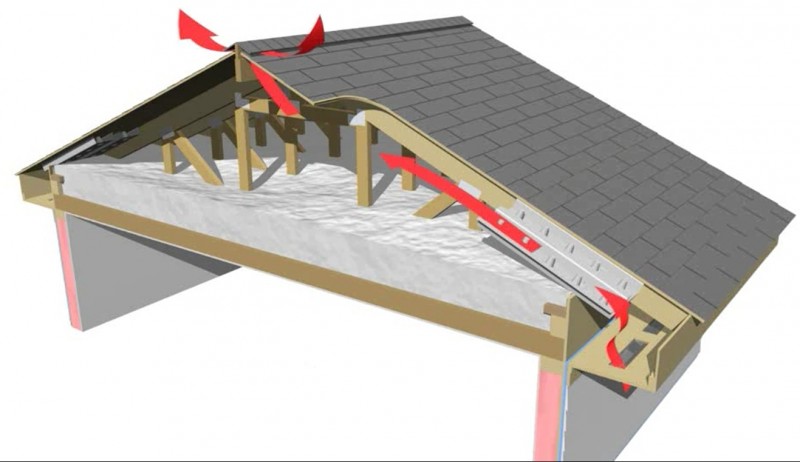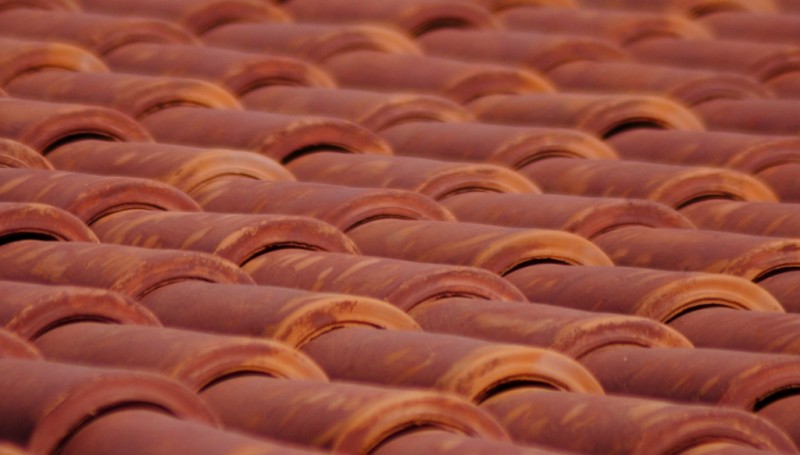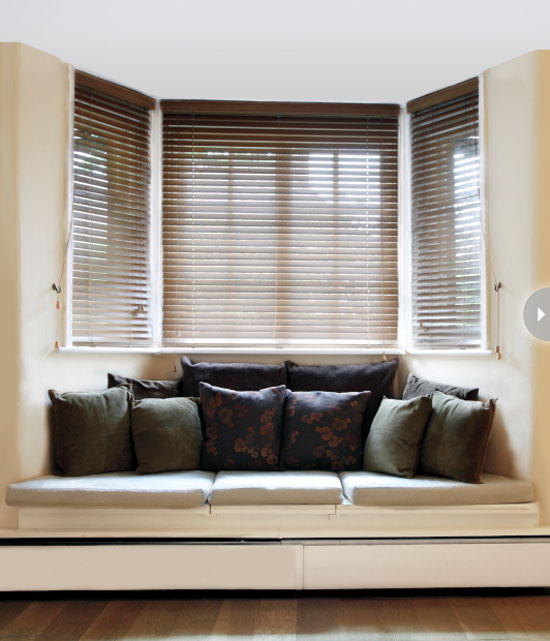Building Or Renovating Your Home? Consider Going Green!
When you are thinking about renovating an existing home or building a new home from the ground up, you may have fabulous plans to create a space that is a vision of style and modern grace. However, through your efforts, you can also create a space that is environmentally friendly when you make the right choices with your designs and plans. As you prepare to move forward with your new construction or renovation project, consider how some of your decisions could impact everything from water conservation to energy efficiency and waste. These are some fabulous ideas that you can consider for a green home construction or renovation project.
Insulation and Air Flow
Heating and cooling costs in a home are considerable, and the cost of your energy bills relates directly to the amount of energy that your home consumes. By focusing on insulation and air flow, you can create a greener space for you and your family to live in. For example, some types of insulation, such as spray in foam insulation, have a superior energy rating. You can also improve air flow through the addition of ceiling fans as well as windows in areas that promote the cross-flow of air when they are opened.
Building Materials
The exterior materials that you use with an exterior renovation or with new construction can also impact energy efficiency as well as waste. There are numerous materials that you can choose to install on your home, and you certainly want to select a material that appeals to you from a style standpoint. However, natural materials, such as wood siding or natural stone, have less impact on the environment than manufactured material like vinyl siding. Wood, however, may be linked to deforestation if it is not recycled wood, so you should consider the source of the wood that is used in wood siding. Natural stone exteriors have excellent insulative properties, long-lasting durability and low maintenance requirements.
The Roof
Everything from the roof line and materials to the insulation used underneath the roof will impact energy efficiency and waste. For example, clay tiles on a roof are naturally made, but their formation process requires a lot of energy. Furthermore, they roof typically needs to be reinforced for strength if you are choosing a clay roof, and this means that you are using more materials in your roofing project. A metal roof is lightweight and reflects light for energy efficiency benefits, but it also is rather expensive. Wood shingles and asphalt shingles are generally a good middle ground, but there are different energy efficiency ratings. Roof painting is a great idea that can help many types of roofs reflect sunlight for energy efficiency benefits.
Windows and Doors
When the time comes to select the windows and doors used with your project, consider investing in stylish options that have the most significant energy efficiency rating. These are features that will likely be on your home for at least one to decades or longer, so this is an investment worth making. Consider double or triple-paned windows for the best results with your windows. On the side of the home that receives direct afternoon sunlight, consider installing a minimal number of windows. Cover all windows with window treatments that are efficient at blocking sunlight and insulating the windows during the cold weather season. Wood and steel doors are also preferable over aluminum doors due to the energy efficiency rating.
For each stage of your construction or renovation project, be observant to the amount of waste that you are generating as well as the source of the materials that you are using. Keep in mind that natural materials may be better than synthetic materials in many cases. However, when the upkeep and maintenance needs on natural materials is higher or when there is a recycled material that does not pull natural resources from the ground, these may be preferred. Consider the impact on your energy consumption as well as the current and future waste and materials that may be required for installation and on-going maintenance. When you focus on these factors, you can more easily make a great decision about the features, design and materials to use with your home renovation or construction project.













